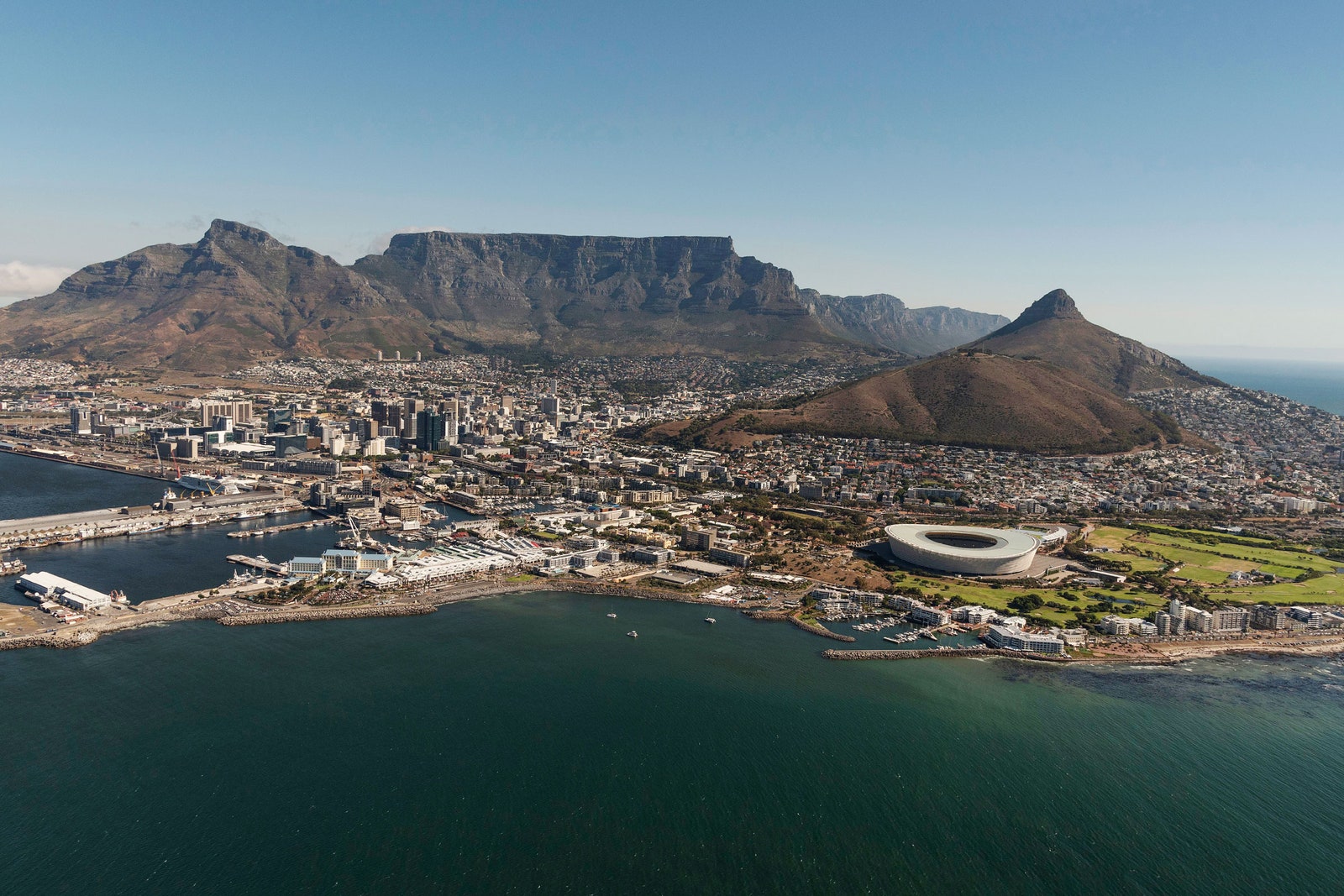And then there’s identifying what role people can play, either in what they do or advocate for.
Cities aren’t uniform. What can cities around the world teach one other?
So: intersectoral governance mechanisms. Sounds a very boring three words, but really it makes a huge difference.
What that means is, it’s often very difficult to get data to be interpretable across sectors. If you can’t show what the health outcomes are of extreme heat, for example, it’s very difficult to create momentum. In a lot of places either the exposure has not been measured, the health outcomes are not being measured, or it’s very difficult to bring them together.
The second thing is nimbleness. Particularly in cities where there are high degrees of informality. Sometimes informality in society is baked into informality in governance, which means that you’re able to adapt very quickly to changing contexts and changing realities.
Let me give you an example. In Cape Town, before the pandemic, it was quite difficult to work across sectors. But during the pandemic, one of the key responses was to move from a sectoral approach to a places approach. So rather than you being the minister of housing, you were deployed to be responsible for this entire borough. They were able to adapt.
Cape Town South Africa.Photograph: Peter Titmuss/Getty Images
That ability is going to be something that is increasingly necessary, because the climate bed that we’ve made for ourselves already means we will have these significant societal disruptions. And we have to have ways of not just running cities in peacetime, for want of a better word, but actually being able to adapt in the context of a societal disruption.
Third is vision, in terms of planning. This is something that you see very prominently in Asia and the Middle East. A kind of a long-term vision for shaping a climate-healthy and climate-resilient space, cognizant of how your demography is changing.
If you know that you will have an aging population, what is your vision, for an actual aging, older population in 30 years? You see this articulated so strongly and so ubiquitously in terms of strategy in cities in some parts of the world.
Join Tolullah Oni and our world-class speaker line-up at WIRED Impact, November 21, at Magazine, London, as we examine the challenges and opportunities for organizations to innovate to tackle humankind’s most pressing challenge. Get tickets now: events.wired.co.uk/impact


